Physical Security
Protecting Your Physical IT Infrastructure
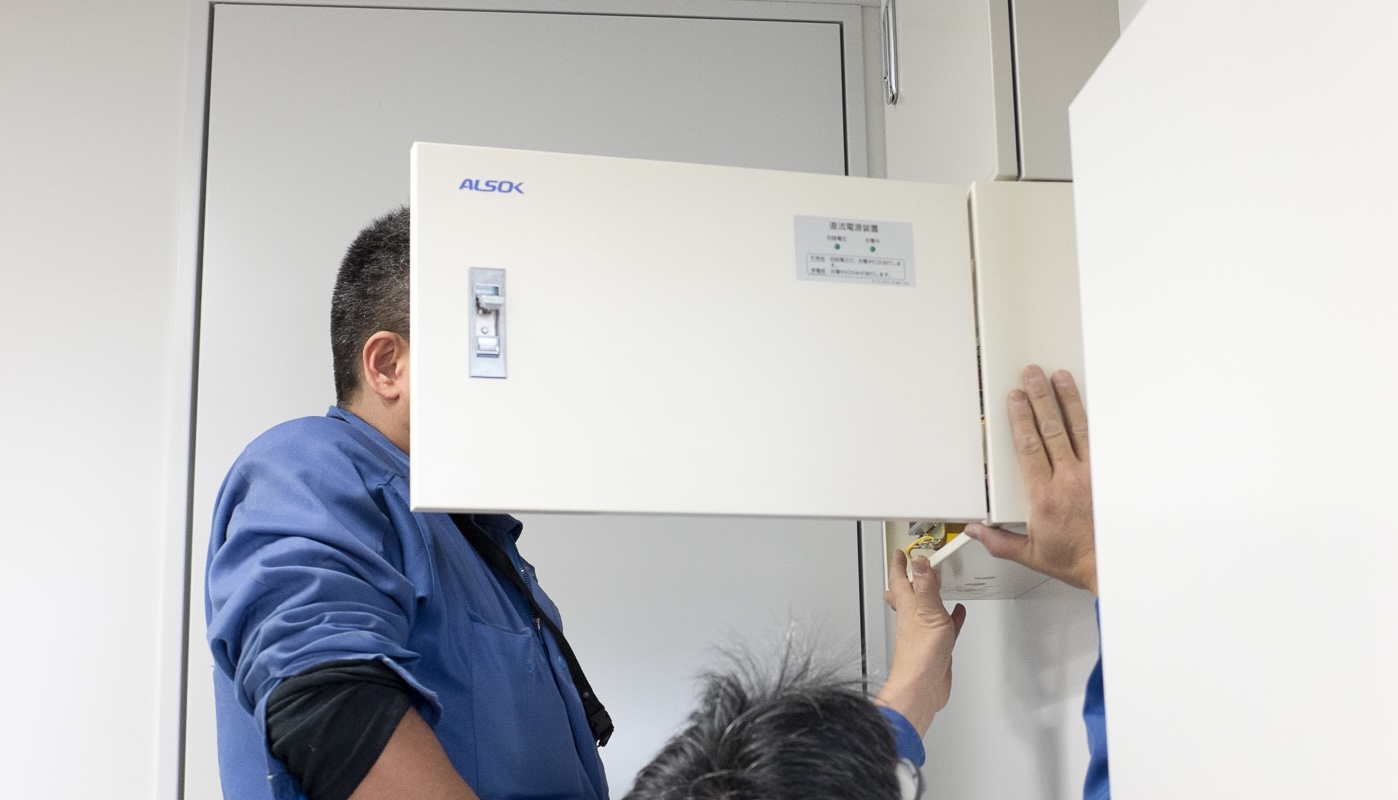
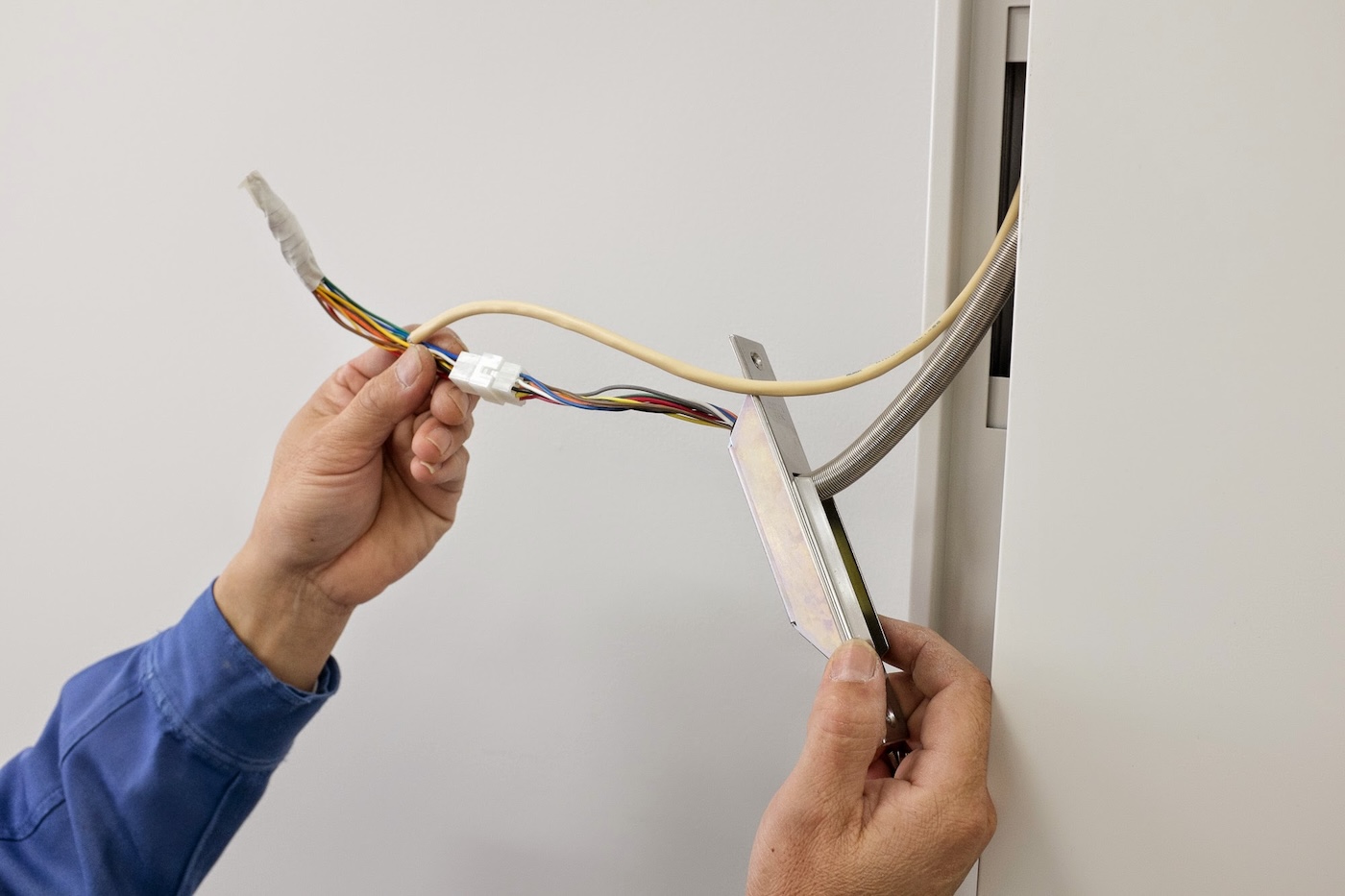
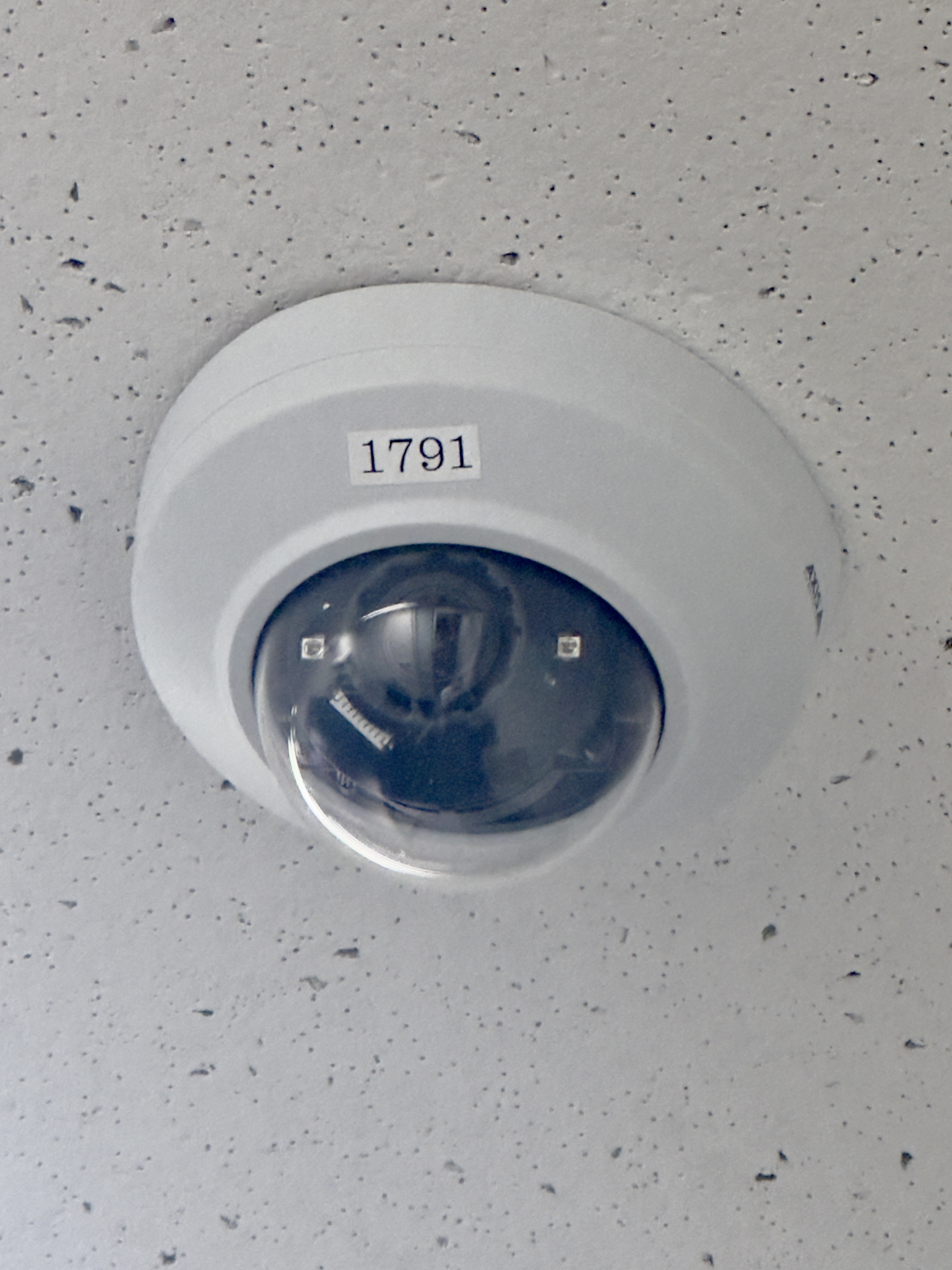
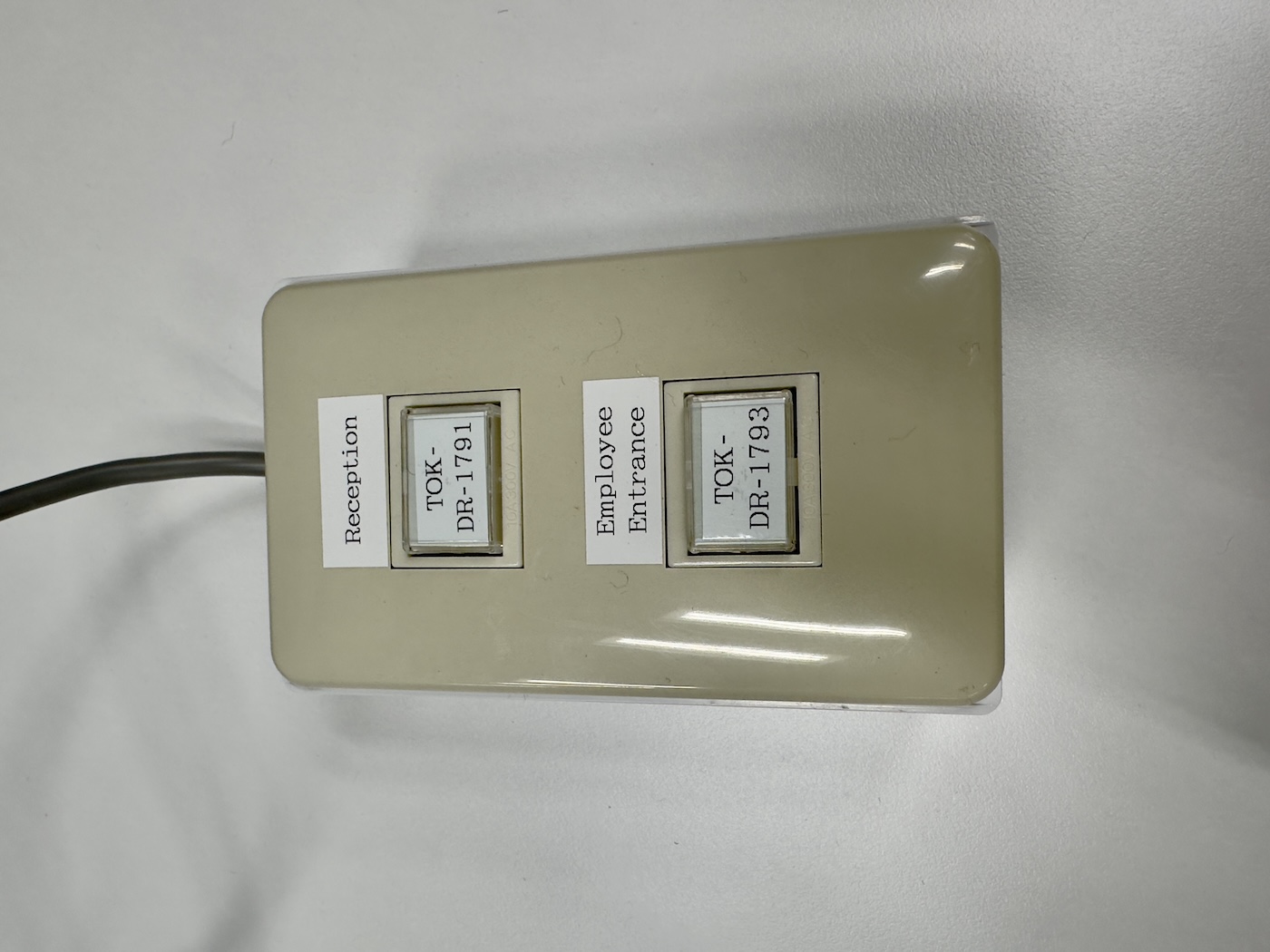
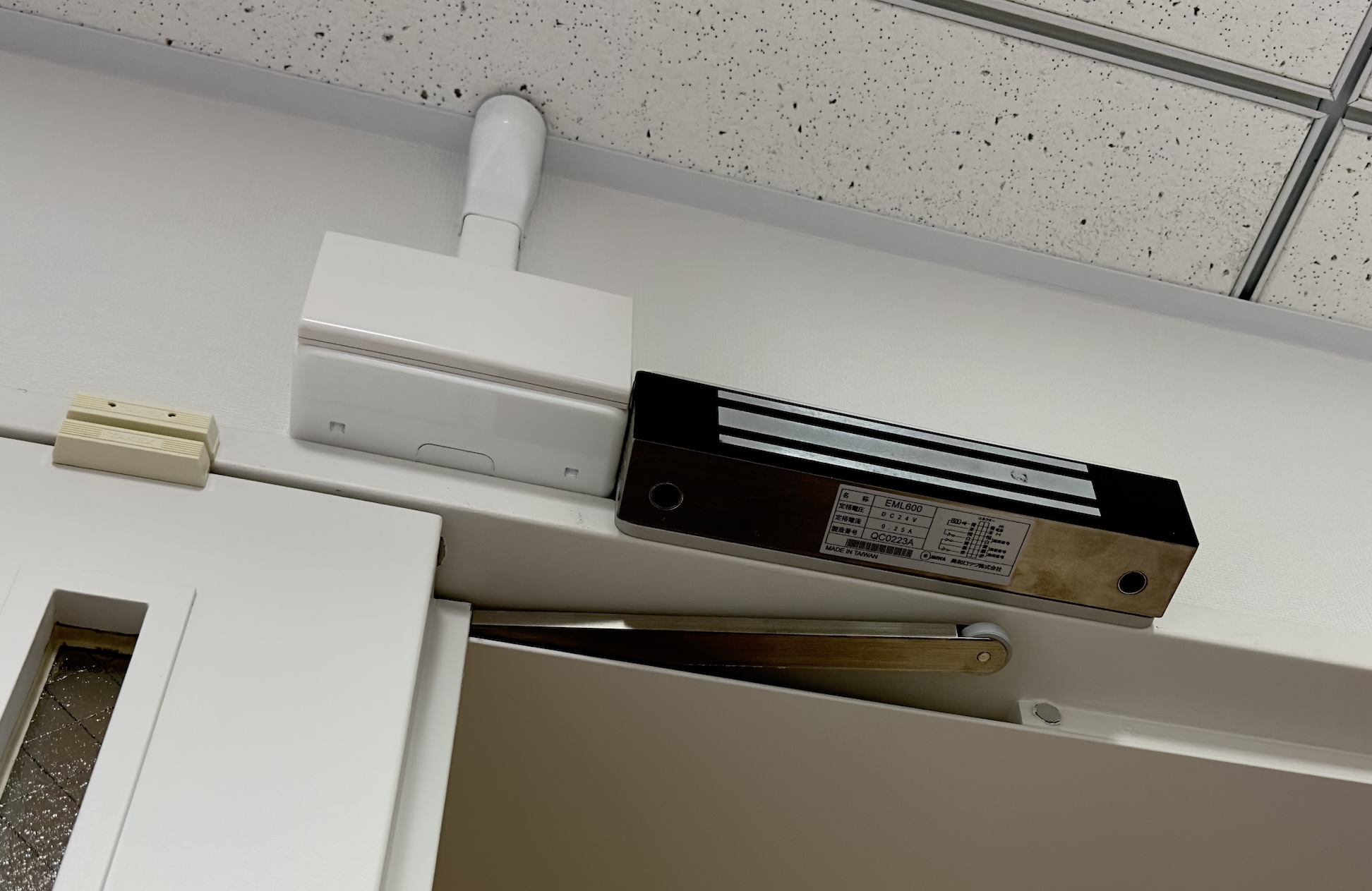
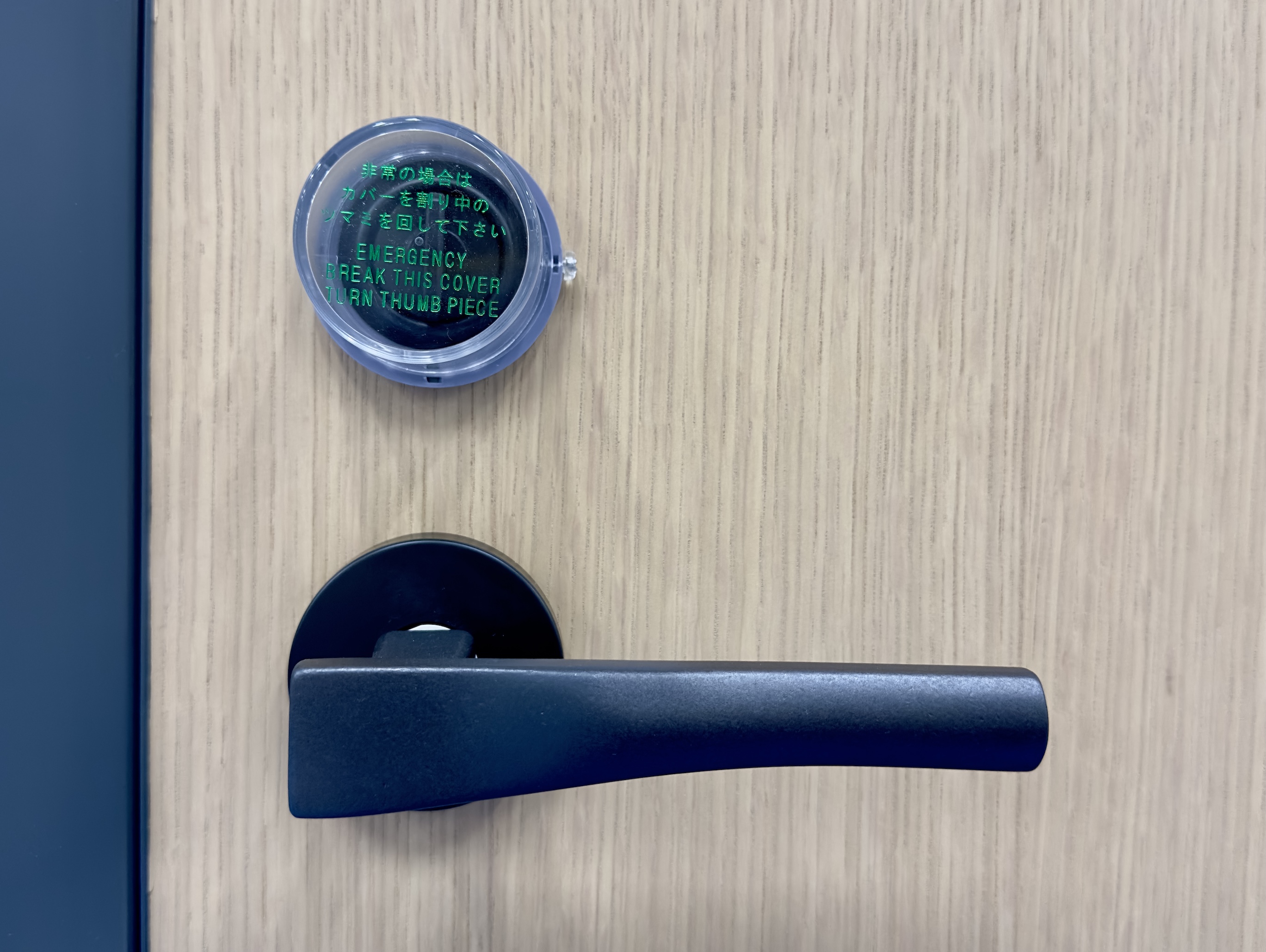
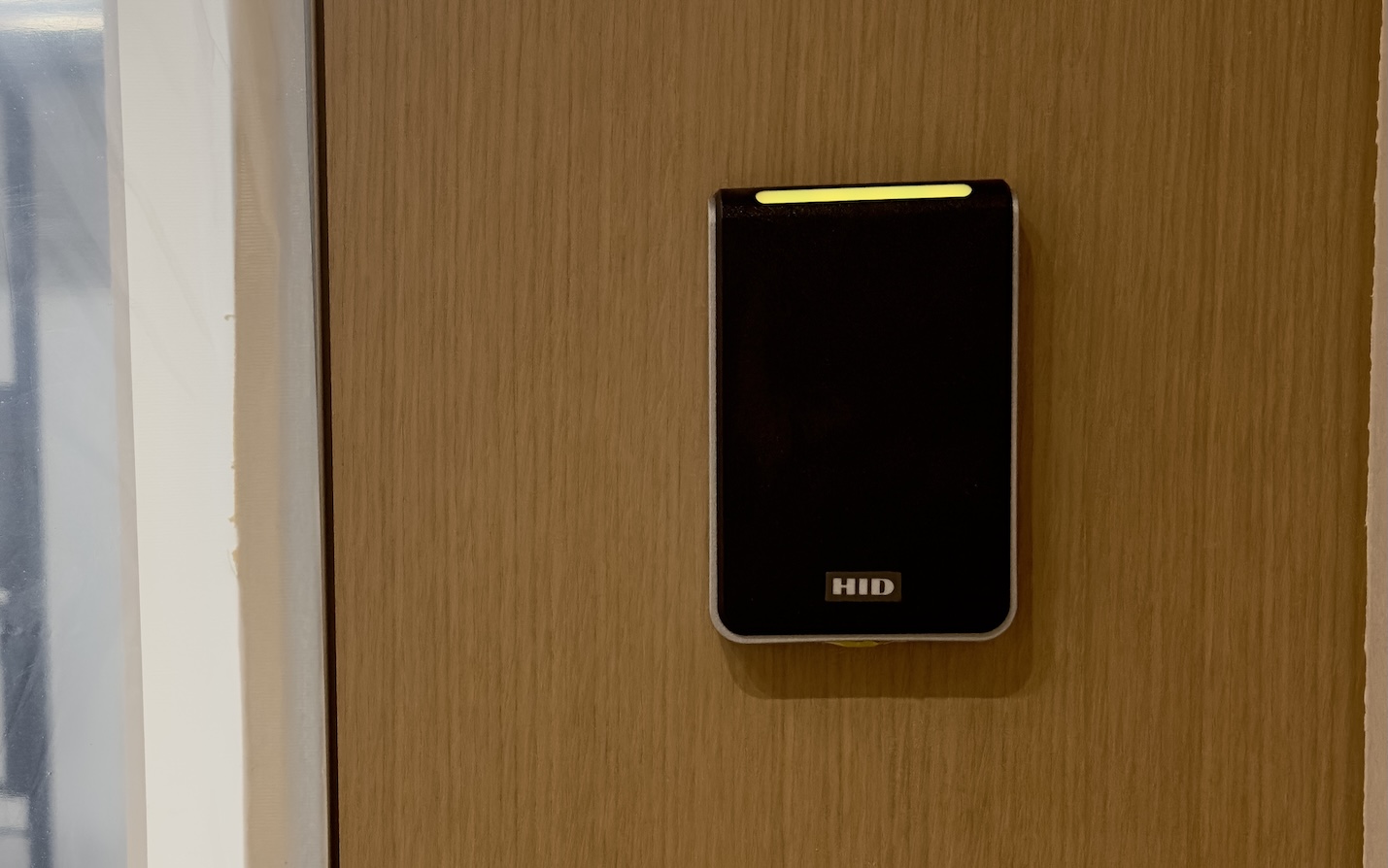
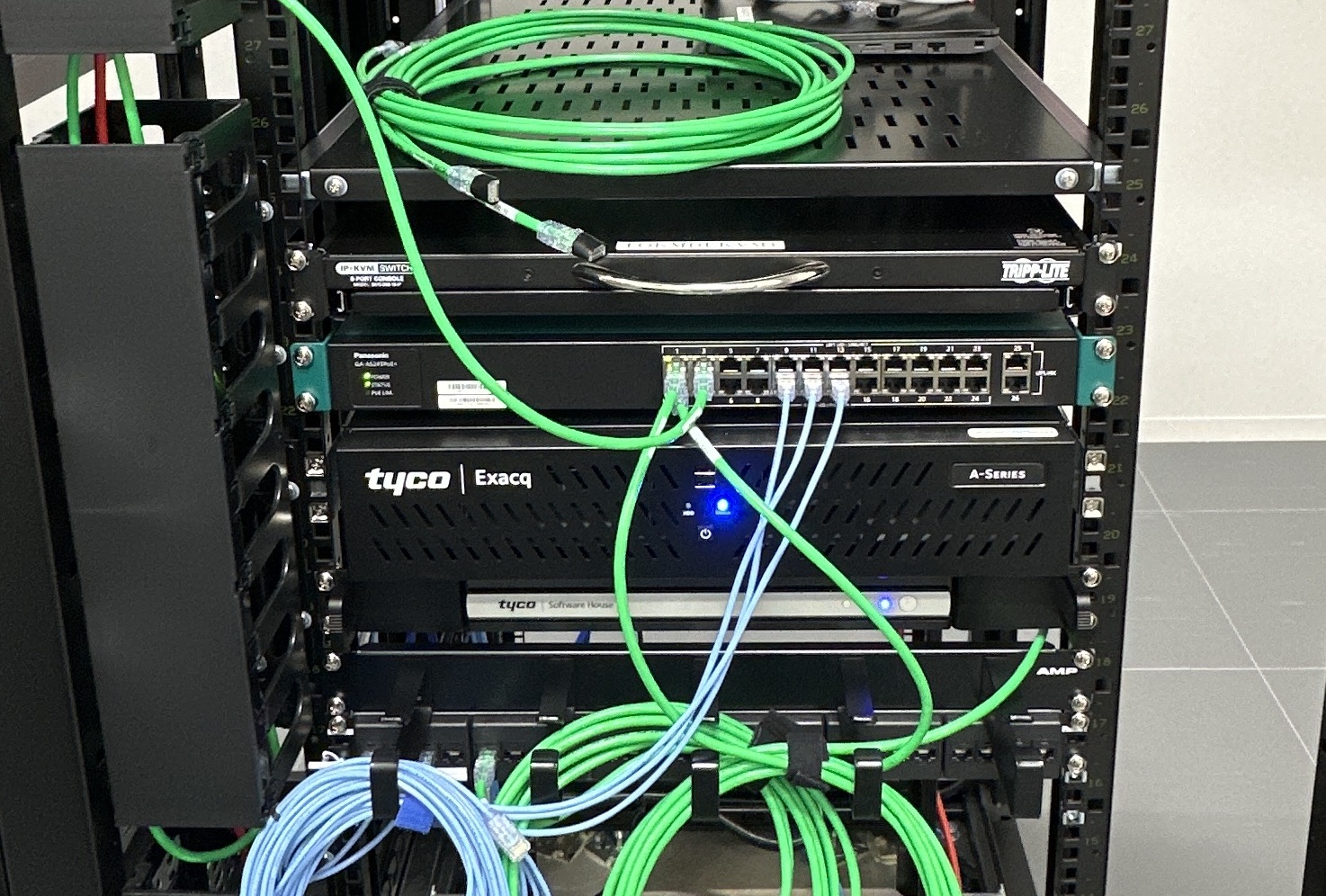
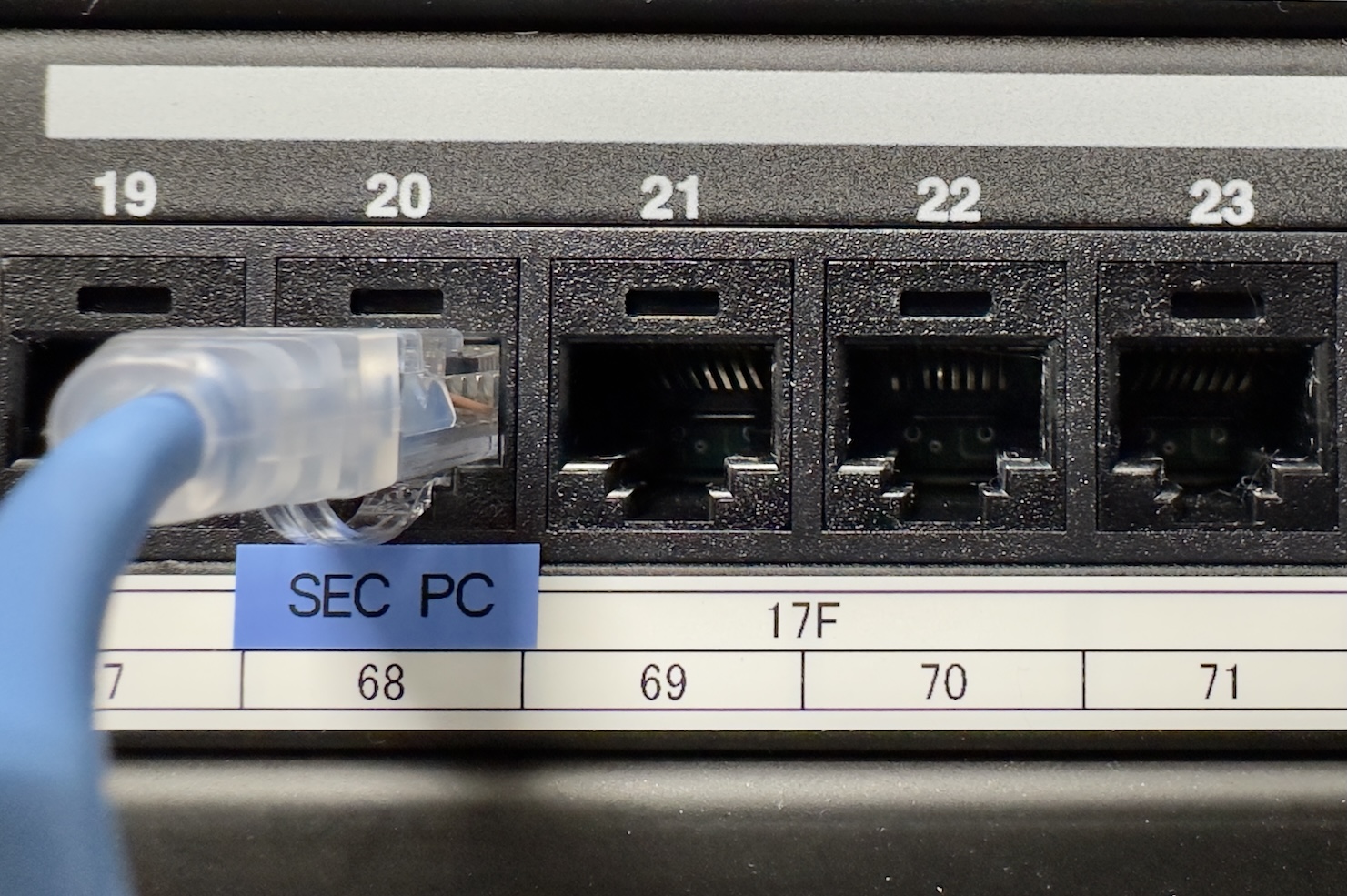
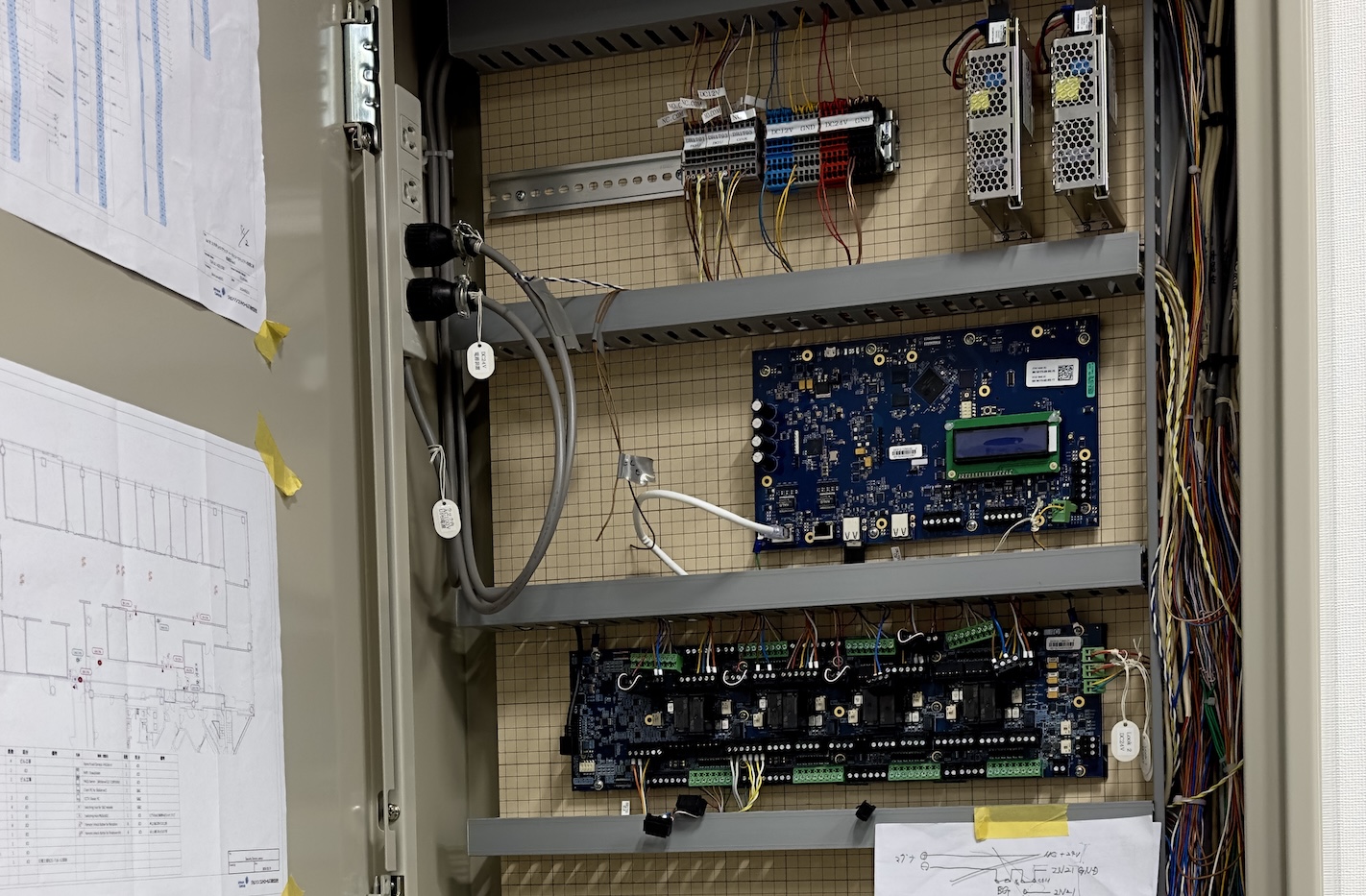
Understanding Japan’s Unique Physical Security Landscape
Physical security in Japan operates within a distinct ecosystem that often surprises international companies. Unlike many Western countries where security is primarily technology-focused, Japan’s approach integrates deeply with building management culture, vendor relationships, and regulatory frameworks that require careful navigation.
Japan’s Security Culture & Vendor Ecosystem
Established Security Companies (SECOM, ALSOK):
Japan’s security market is dominated by large, established companies like SECOM and ALSOK that offer comprehensive building security services. These companies have deep relationships with building management and often handle everything from physical security to emergency response. International companies must understand that integrating with these existing systems requires cultural sensitivity and relationship building that differs significantly from Western vendor management.
Building Management Integration:
Japanese buildings operate under a building management (ビル管理) system where security integration requires coordination with building superintendents, management companies, and often multiple stakeholders. This collaborative approach can seem bureaucratic to international managers accustomed to more direct vendor relationships.
Privacy and Cultural Considerations:
Japanese privacy expectations around surveillance and monitoring differ from Western norms. Employee consent processes, camera placement restrictions, and data handling requirements follow cultural patterns that international companies must understand to avoid workplace friction.
Regulatory Framework Differences
Fire Department Coordination:
Unlike many countries where fire safety and security are separate systems, Japan requires close coordination between physical security installations and fire department protocols. Any security system that could impact emergency egress requires specific approvals and ongoing coordination that extends project timelines.
Data Protection Integration:
Japan’s Personal Information Protection Act (PIPA) creates specific requirements for security camera data handling and access logs that differ from GDPR or other international frameworks. Security systems must be designed with these local data protection requirements in mind.
International Company Challenges
Headquarters Expectations vs. Local Reality:
International security managers often face pressure to implement global security standards that may conflict with Japanese building requirements or cultural expectations. This creates a need for systems that satisfy both global corporate security policies and local operational realities.
Vendor Relationship Management:
The relationship-first approach of Japanese security vendors can frustrate international managers expecting quick, transaction-based implementations. Success requires understanding the longer relationship-building process typical in Japanese business culture.
eSolia’s Bridge Service
Cultural & Technical Translation:
eSolia helps international companies navigate Japan’s unique security landscape while meeting global corporate requirements. We translate Japanese security culture and vendor relationships into familiar business terms, preventing costly misunderstandings and implementation delays.
Comprehensive Integration Approach:
- Vendor Relationship Management: Navigate Japanese security vendor culture while maintaining global procurement standards
- Regulatory Compliance: Ensure security systems meet both local Japanese requirements and international corporate policies
- Cultural Mediation: Bridge differences between Japanese building management culture and international corporate expectations
- Documentation Translation: Provide security documentation in formats suitable for both local compliance and global reporting
Our Physical Security Services
Access Control Systems
We design and implement sophisticated access control systems that provide the right level of security for your organization:
- Card Reader Systems - Modern RFID and smart card solutions for secure, convenient access
- Biometric Authentication - Fingerprint, facial recognition, and other biometric systems for high-security areas
- Multi-factor Authentication - Combining cards, PINs, and biometrics for enhanced security
- Visitor Management - Comprehensive visitor tracking and temporary access solutions
CCTV and Surveillance
Our CCTV solutions provide comprehensive coverage and monitoring capabilities:
- IP Camera Systems - High-definition network cameras with remote viewing capabilities
- Video Analytics - Intelligent motion detection, facial recognition, and behavior analysis
- Storage Solutions - Scalable storage systems with configurable retention policies
- Remote Monitoring - Access to live and recorded footage from anywhere
Access Logging and Reporting
Maintain complete visibility and compliance with our logging solutions:
- Real-time Access Tracking - Monitor who enters and exits your facilities in real-time
- Audit Trail Reports - Comprehensive reports for compliance and security audits
- Anomaly Detection - Alerts for unusual access patterns or security breaches
- Integration with HR Systems - Automatic updates based on employee status changes
Building Systems Integration
We ensure your security systems work seamlessly with existing infrastructure:
- Building Management Systems - Integration with HVAC, lighting, and elevator controls
- Emergency Systems - Coordination with fire alarms and emergency evacuation procedures
- IT Infrastructure - Integration with network security and data center access controls
- Interoperability - Ensuring all systems communicate effectively across different vendors and protocols
Why Physical Security Matters
Physical security is often the first line of defense against various threats:
- Data Protection - Prevent unauthorized access to servers and sensitive equipment
- Asset Security - Protect valuable IT equipment from theft or tampering
- Compliance Requirements - Meet regulatory requirements for physical access controls
- Business Continuity - Ensure only authorized personnel can access critical infrastructure
- Employee Safety - Create a secure working environment for your staff
Our Implementation Approach
eSolia follows a systematic approach to physical security implementation:
- Security Assessment - Evaluate current security measures and identify vulnerabilities
- Design and Planning - Create a comprehensive security plan tailored to your needs
- Vendor Selection - Choose best-in-class security equipment and systems
- Professional Installation - Expert installation with minimal disruption to operations
- System Integration - Seamless integration with existing building and IT systems
- Training and Handover - Comprehensive training for your security and IT staff
- Ongoing Support - Maintenance, updates, and support services with various SLAs
Compliance and Standards
We ensure your physical security systems meet all relevant standards:
- ISO 27001 physical security controls
- PCI DSS requirements for payment card environments
- GDPR requirements for data center access
- Industry-specific regulations and best practices
Contact us today to discuss how we can enhance your physical security infrastructure and protect your valuable assets.